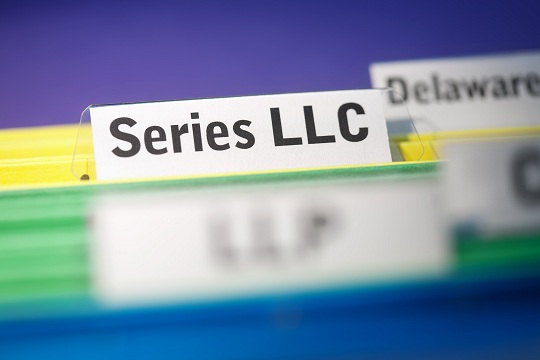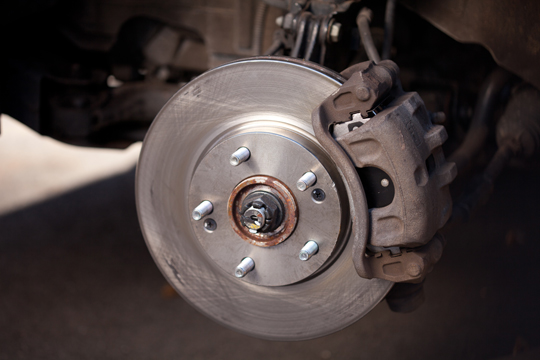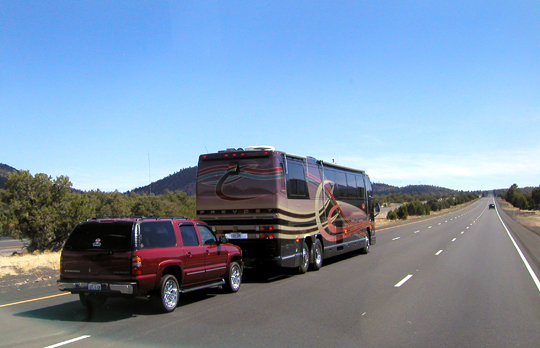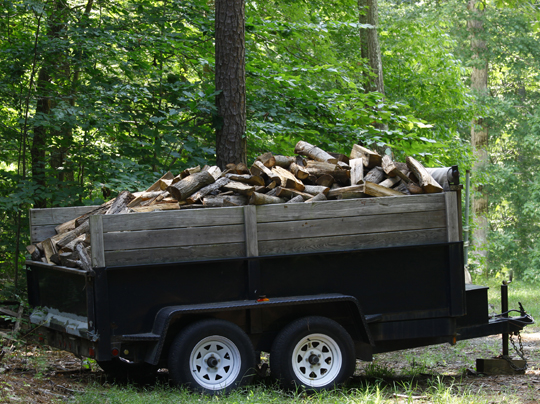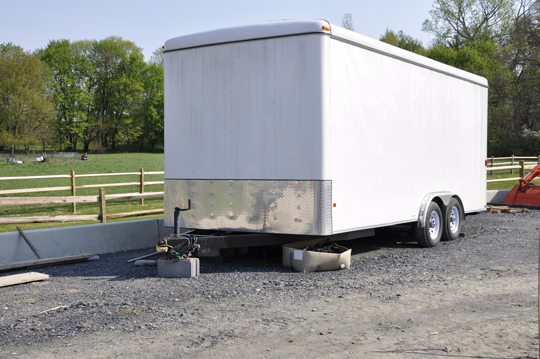Most of the time when you’re towing a vehicle or trailer, you’re usually only worried about how well your vehicle can handle the load. However, if you’re planning on towing a vehicle across multiple states or just even towing in your backyard, it’s also important that you know the local towing laws for every state you visit. Each state will have specifications on the weight limit you need to have before needing an auxiliary brake system on the towing load. If you get in a crash without the proper auxiliary braking system, you could potentially have a serious legal liability on your hands. Braking a towed vehicle with the right braking system is important to the safety of yourself and other drivers.
Towing Laws
In most states, you’ll see a 3000-lbs limit before you need an auxiliary braking system, but you should always check your state’s specific towing laws, as some states have additional requirements. For example, in Missouri, auxiliary braking systems aren’t required except on trailers coupled by a 5th wheel and kingpin. While you should check all the state laws in every state you’ll pass through, in general, you should have an auxiliary braking system on your trailer or load just to be safe.
Braking Systems
There are three popular types of braking systems: Surge, deceleration, and pressure based.
A surge system uses a slide receiver on the tow bar and as the vehicle slows down, the trailer pushes forward on the receiver, slowly applying the brakes.
A deceleration system uses accelerometers or other tools to detect deceleration and apply brakes accordingly.
The pressure-based system is all based on the amount of pressure based on the vehicle brakes; stepping on the vehicle brakes will also set the trailer brakes.
When you’re deciding which type of auxiliary braking system to purchase, you should consider the type of system and the type of installation. Some brake systems will be invasive, meaning they may need to tape into your trailer’s vacuum line to help brake while others may have temporary solutions. Your price point and frequency of use should decide the type of braking system you’ll need.
You may even want to consider getting a break-away system as well. Break-away systems prevent your trailer from running away by automatically applying the brakes when the trailer separates from the vehicle. A break-away cable stays with the vehicle when the trailer separate and pulls a plug out from the trailer, causing the brakes to be fully applied.
Find Towing Help
If you need some help deciding the type of braking system to install, or simply need some advice on how to best brake your trailer, then you should contact a towing professional. TalkLocal can connect you with a local, high-quality towing professional in just minutes!


